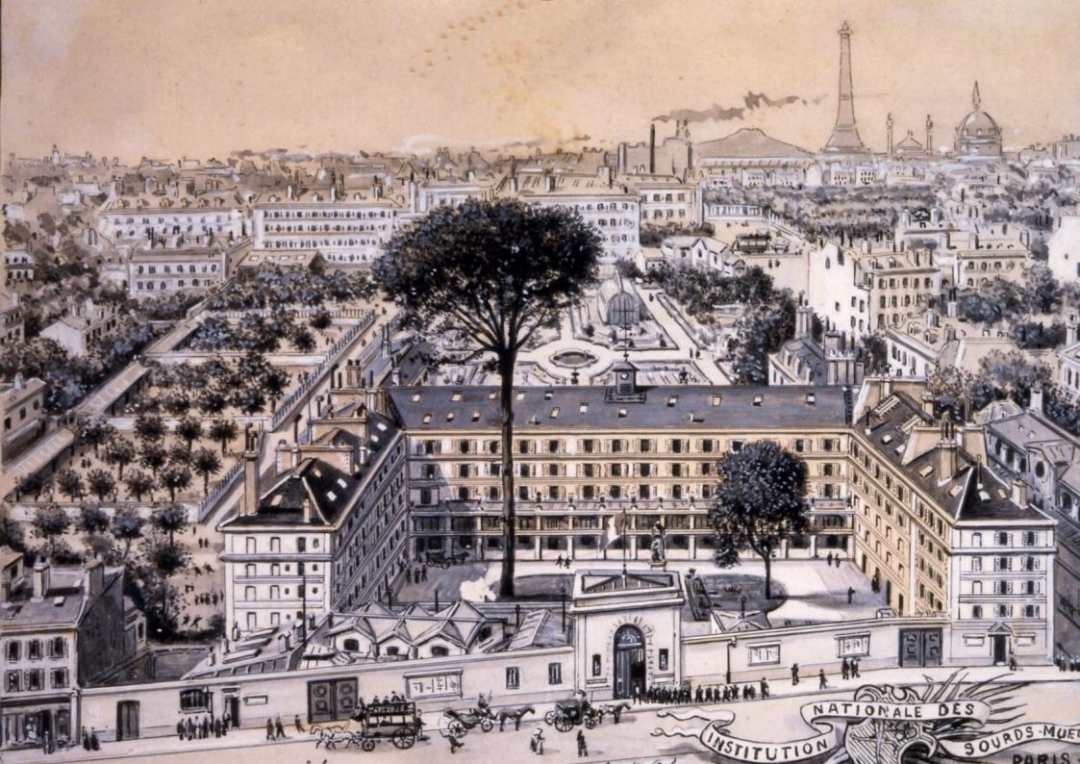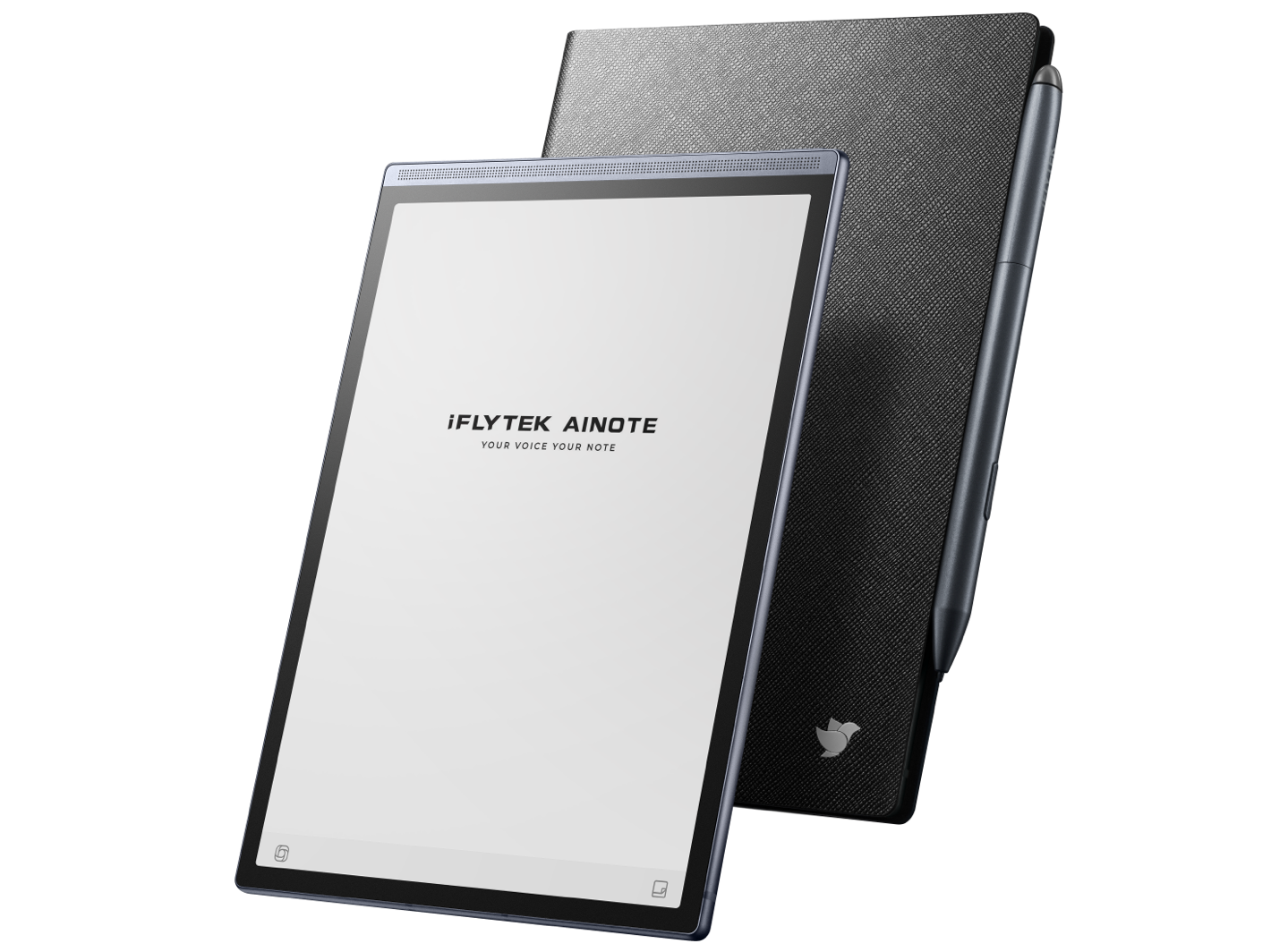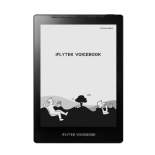October 31, 2024
"Hearing AI's Voice" Charity Initiative Visits the National Institute for Young Deaf People of Paris
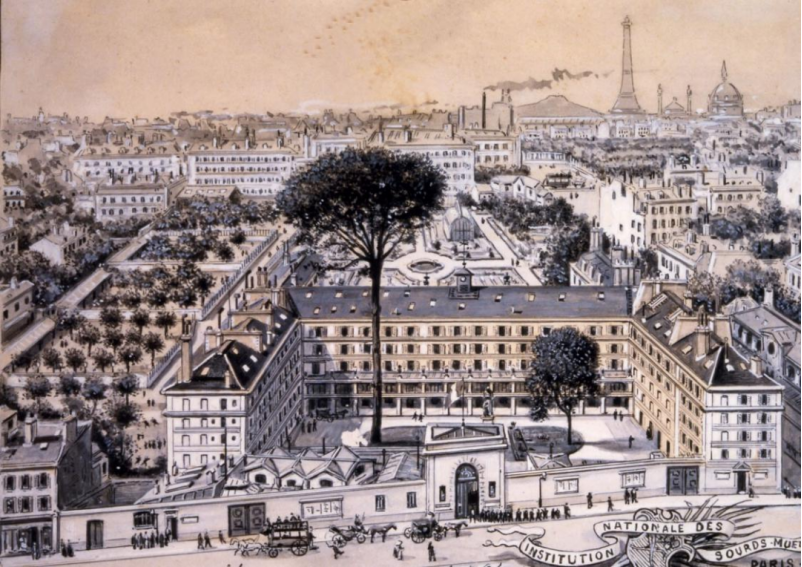
In the fifth year of the "Hearing AI's Voice" charity initiative, iFLYTEK, in collaboration with the China Disabled People's Performing Art Troupe, visited the National Institute for Young Deaf People of Paris. Founded in 1286 as a hospital for the deaf, this historic institution has witnessed centuries of transformation, serving as a monastery in 1572, and even hosting renowned fabulist Jean de la Fontaine in 1641. The institute's elm tree, mentioned in Victor Hugo's The Hunchback of Notre-Dame, stands as a testament to its enduring legacy. In 1794, the institute officially became a national institution for the hearing impaired.
At the heart of the institute's campus stands a statue of Charles-Michel de l'Épée, a philanthropic educator for the deaf and one of the most renowned figures in the history of deafness. After studying philosophy and law in Paris, de l'Épée encountered deaf twin sisters who communicated through sign language, inspiring him to start sign language classes in his home. He later organized public practice sessions to share his innovative teaching methods using deaf signs. His initiatives had a profound impact, and his methods spread throughout Europe.
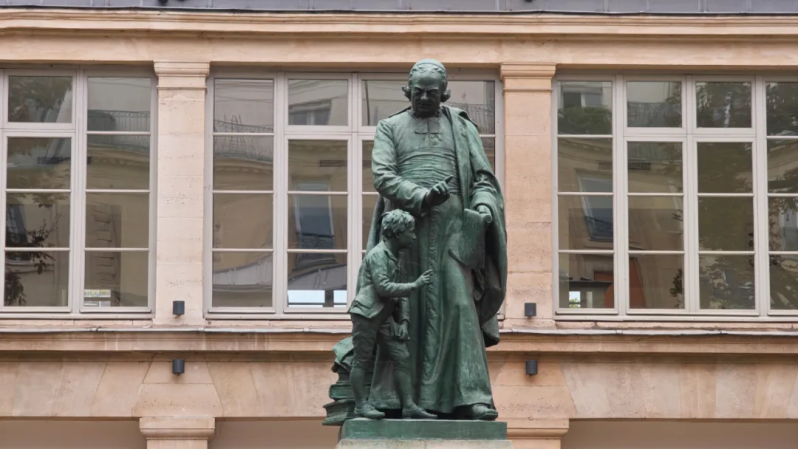
During the visit, a blind member of the China Disabled People's Performing Art Troupe, guided by staff, touched the bronze statue of de l'Épée. Deaf individuals from China and France engaged in sign language conversations, and when they encountered language barriers, they used the Deepting translation tool to facilitate seamless communication.
The institute's library, one of the world's largest libraries for the deaf, was originally cataloged by Professor René Bernard. Thanks to generations of efforts, the library now houses nearly 20,000 books and thousands of documents, chronicling the history of deaf education and related resources. The visit by the China Disabled People's Performing Art Troupe filled a significant gap in the library's collection by donating Chinese sign language books.
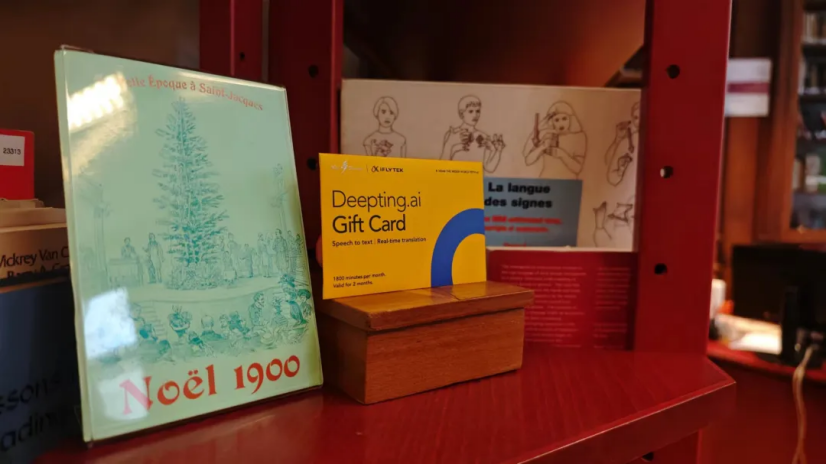
In addition to the donation of books, Wang Wei, Vice President of iFLYTEK and General Manager of Hearing Technology, and the initiator of the "Hearing AI's Voice" charity initiative, presented the National Institute for Young Deaf People of Paris with Deepting, an overseas version of iFLYTEK's speech-to-text product. This donation empowers students to use their phones or computers for real-time speech-to-text conversion and multilingual translation, facilitating daily communication and cross-language interaction. Deepting, already available in the EU and the UK, supports multi-language speech-to-text tranion and translation and has gained popularity among European students.
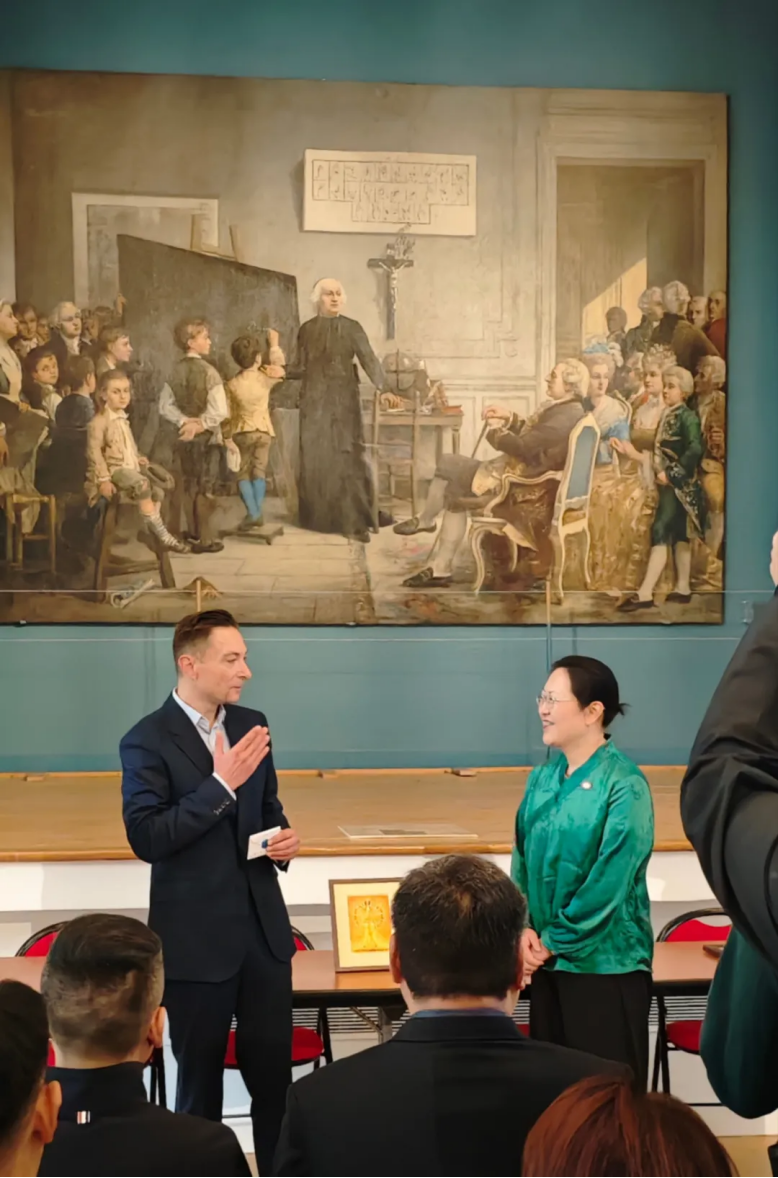
Beyond the visit to the institute, the Chinese Embassy in France and the Permanent Delegation to UNESCO jointly hosted a reception at UNESCO headquarters in Paris to celebrate the 75th anniversary of the People's Republic of China. The event featured a special performance by the China Disabled People's Performing Art Troupe, "My Dream, the Beauty of Civilization." Throughout the speech by Troupe Director Tai Lihua, iFLYTEK SimulTrans provided real-time, barrier-free translation services for the hearing-impaired audience.
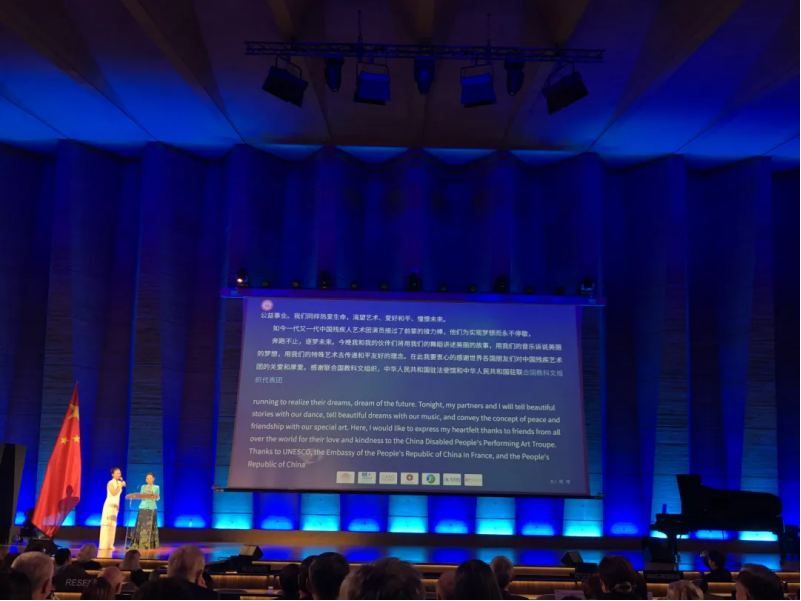
Language is the bridge that connects human civilizations. When disabilities hinder communication, love becomes the crutch that overcomes all barriers. To date, iFLYTEK's "Hearing AI's Voice" charity initiative has donated over 100 million minutes of tranion time to people with hearing impairments. We will continue to uphold the principle of accessibility and use technology to empower those who cannot speak for themselves.
More News
-

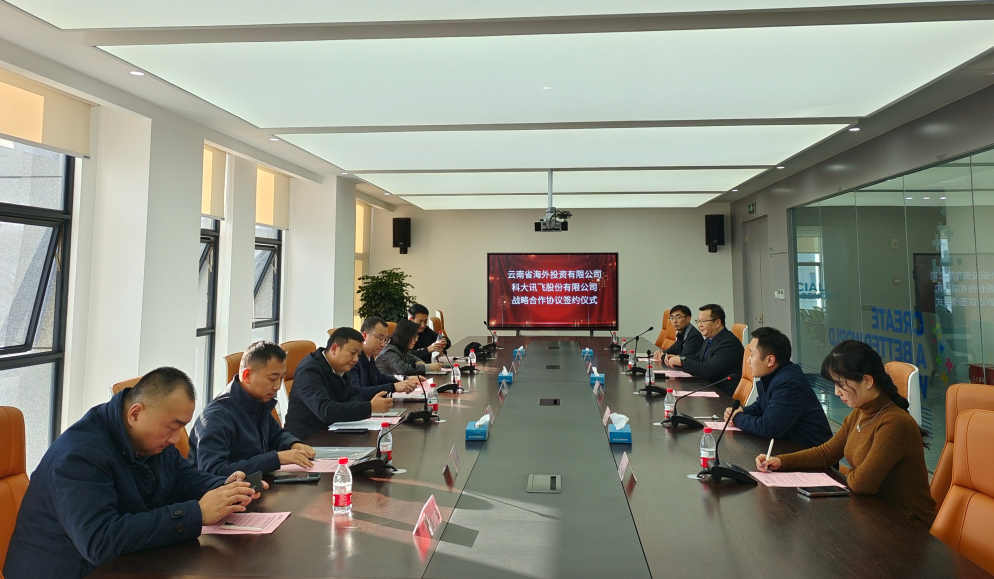 iFLYTEK Entering into a Strategic Cooperation Agreement with Yunnan Provincial Overseas Investment Co., Ltd.
iFLYTEK Entering into a Strategic Cooperation Agreement with Yunnan Provincial Overseas Investment Co., Ltd.February 04, 2024
-

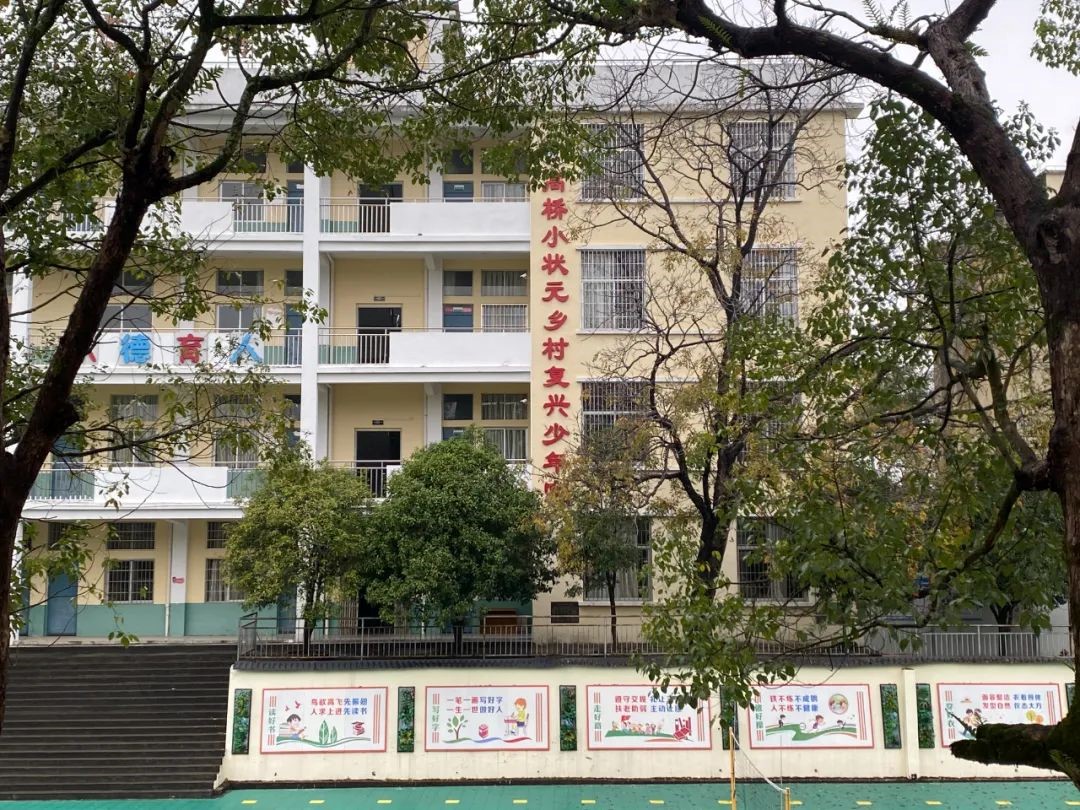 Establishing Two “Bridges” to Connect the Hometown of Snacks Across the “Mountain of Education”
Establishing Two “Bridges” to Connect the Hometown of Snacks Across the “Mountain of Education”February 04, 2024
-

 I Am a Teacher Issue 26 | A History Teacher in the Hani Countryside
I Am a Teacher Issue 26 | A History Teacher in the Hani CountrysideJanuary 25, 2024
